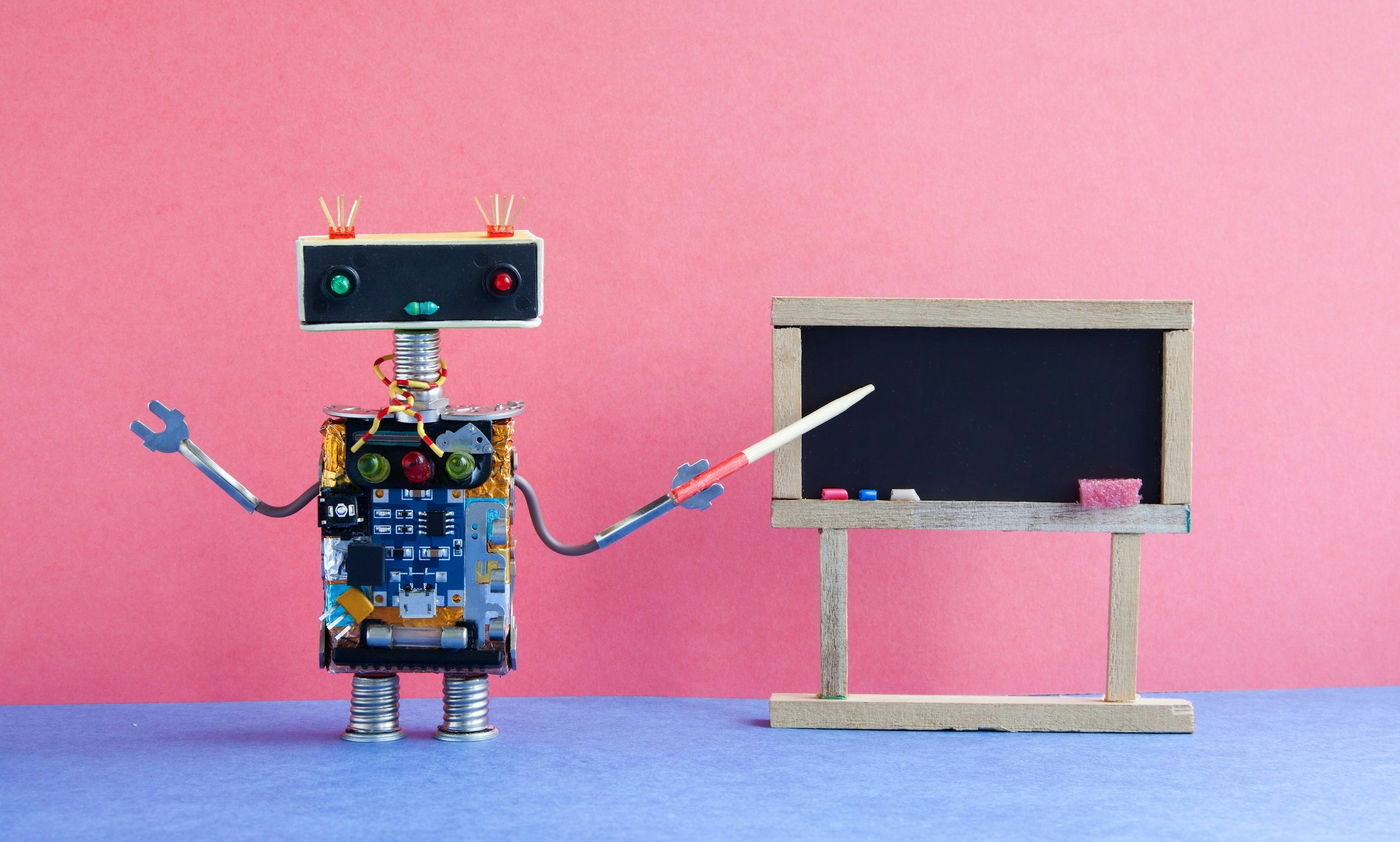
Mar 05, 2019
To adapt an old joke, if you ask four educators what they think the future of education will look like, you'll get five answers. Keep pressing, though, and you'll find that we all agree on one thing: any change to how we educate our children will have dramatic impacts on the the future economic and social fabric of America.
During my time as co-founder and head of product hear at Clark, I've personally interviewed hundreds of teachers, and there is a growing consensus that, whatever changes we have in store, the future of education is personal.
Beyond the field of education, this thesis is quickly gaining steam in—of all places—the hub of recent artificial intelligence (AI) development, Silicon Valley.
Let me explain. AI is widely expected to be a major economic disruptor, replacing jobs across sectors through automation. As AI becomes more efficient than humans at specific tasks, the jobs that no longer require a human to be done will go away.
This has caused a certain level of fear among educators, with the rise of edtech startups that are attempting to bring AI to the classroom as a potential replacement for humans. And the concerns are well-founded. If AI replaces human teachers in the classroom, the potential impact for educators is obvious and dramatic—it would mean a complete overhaul of the way students are taught today and, importantly, a massive loss of classroom jobs.
But the rise of AI doesn’t necessarily mean doom and gloom for the future of education (and educators). In fact, it may come as a surprise, but the tech industry is bullish on humans—meaning the future is bright for real teachers and less so for machines. That’s an opinion that we at Clark certainly share!
In a recent talk, YCombinator's Sam Altman described a vision of the future where global wealth grows even as work decreases. Yes, AI will replace jobs. Yes, we will have to reckon with this. But some jobs—the most personal, relationship-driven, “human to human” jobs, as he calls them—will only rise in value and importance. He specifically calls out education as an area where we will see a higher "material abundance" of educators available to provide increasingly personalized learning for students.
Altman imagines the same world that Clark is working toward—an educator for every student, compensated fairly without breaking the bank.
It's our strong belief at Clark that technology can help us make that vision a reality while empowering educators to survive, thrive in, and lead the way through the dramatic changes on the horizon. And while the AI revolution is, in this technologist's humble opinion, still quite a ways off, it's our responsibility to listen and build for the future now.
This isn't to say that edtech companies who work on AI are somehow evil, or dangerous, or not doing good work. Intelligent tools will certainly have a place alongside educators in the classrooms of tomorrow. But when it comes to claims of "replacing" teachers with AI, that’s not the future we’re working toward—and it’s not one that we’re ever likely to see.
For us, it's not enough to see an opportunity and capitalize on it. We also need to be building the future that we want our children to grow up in. At Clark, we leverage AI and other machine-learning techniques to power portions of our Tutor Management Platform and make it a more effective and efficient tool for our (human) users.
But when it comes to teaching, we agree with Altman— the power is with the people.
